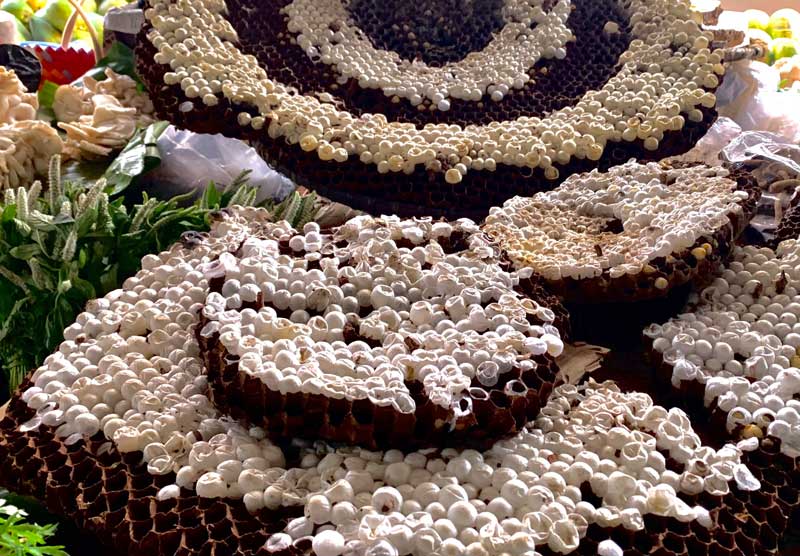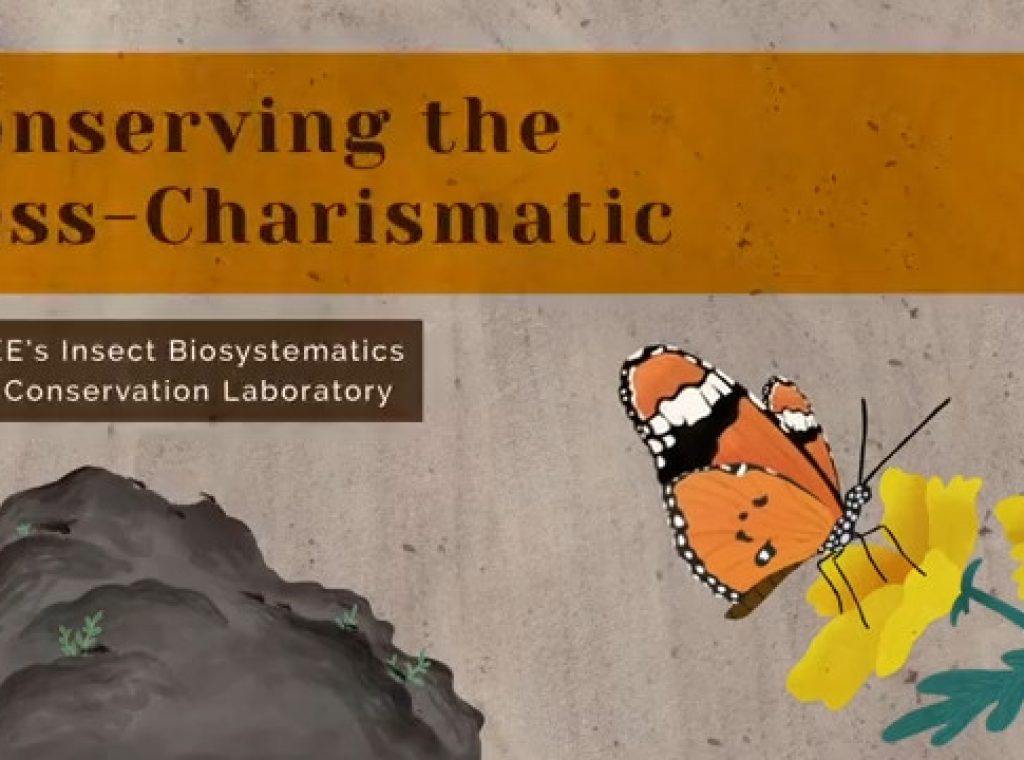Insects form the bulk of the biodiversity and play crucial roles in ecosystem functioning. They are the primary herbivores, pollinators, and prey for many other species, and they also contribute significantly to nutrient cycling. However, their populations are vulnerable to persistent disturbances in their habitats. Because of their small size and modest needs, insects occupy ecological niches that are numerous and smaller in all dimensions. As a result, even subtle environmental changes can cause the extinction of several insect species, many of which are unknown to science.
The Insect Biosystematics and Conservation Lab is a research facility dedicated to the study and conservation of insects for human wellbeing. The lab uses an interdisciplinary approach and focuses on several key areas of research, including the insect biosystematics, conservation biology and studies on edible insects. The goal is to develop strategies that conserve insects for human well-being by understanding how insect diversity responds to various ecosystem functions and using insects as a tool to monitor ecosystems in the face of global changes. Some of the highlights of the Lab include descriptions of 111 new species, 6 new genera, and 3 distribution reports for the country. We have also developed insect protein recipes to garner interest in edible insects.
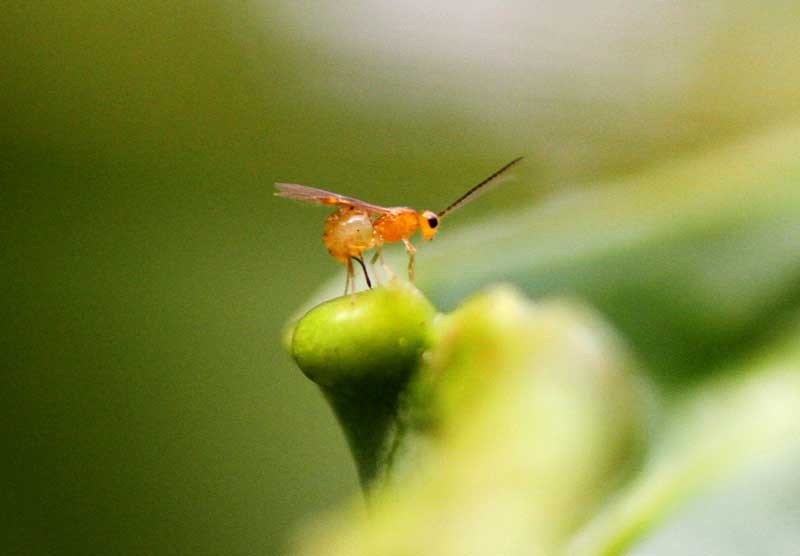
The lab focuses on exploring and inventorying ecologically and economically important insect groups from underexplored regions of India. The lab’s research on dung beetles, ants, and parasitic Hymenoptera in collaboration with several international labs and museums has provided valuable insights into the classification and evolutionary relationships of these important insects.
Habitat destruction, degradation and overuse of insecticides are dramatically reducing the insect diversity of India even before such diversity is catalogued and described. The lab focuses on understanding the impacts of various ecosystem processes on insect diversity to define conservation plans.
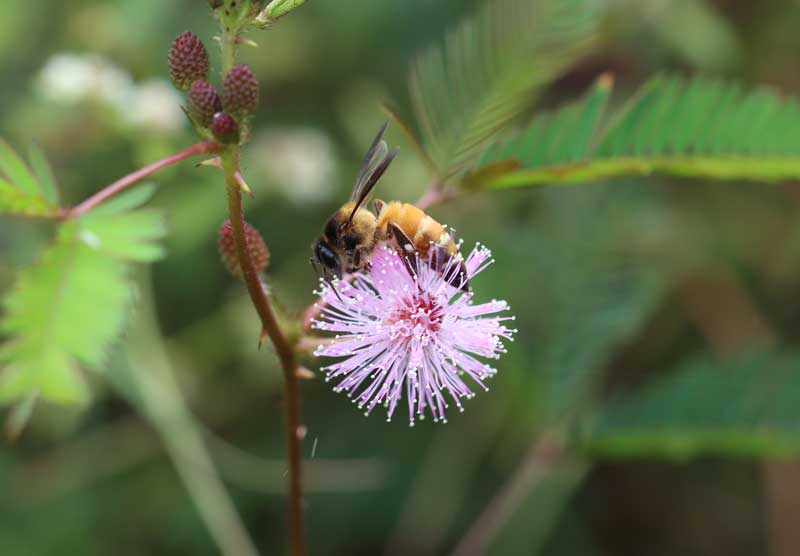
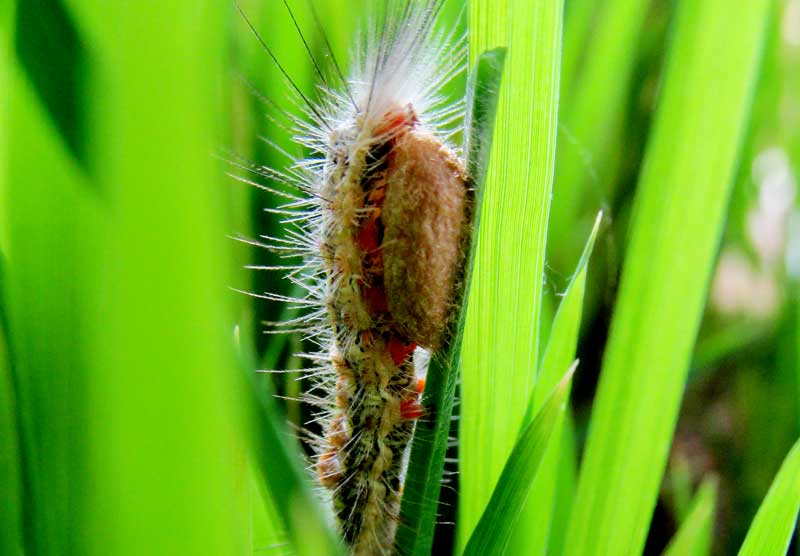
Using parasitoids for biological control of insect pests reduces pest populations and minimises the need for chemical pesticides, making parasitoids a valuable tool for pest management. The lab is involved in describing and studying the biology and potentials of parasitic Hymenoptera used in biological control and promotes responsible agriculture in Kuttanad (Kerala).
Our lab has successfully documented over 300 species of edible insects from different parts of Northeast India and is involved in preserving traditional knowledge about their consumption in the country. We have also developed the use and adoption of biopods for rearing Black Soldier Fly larvae as a source of insect poultry to be used as chicken feed for rural communities.
